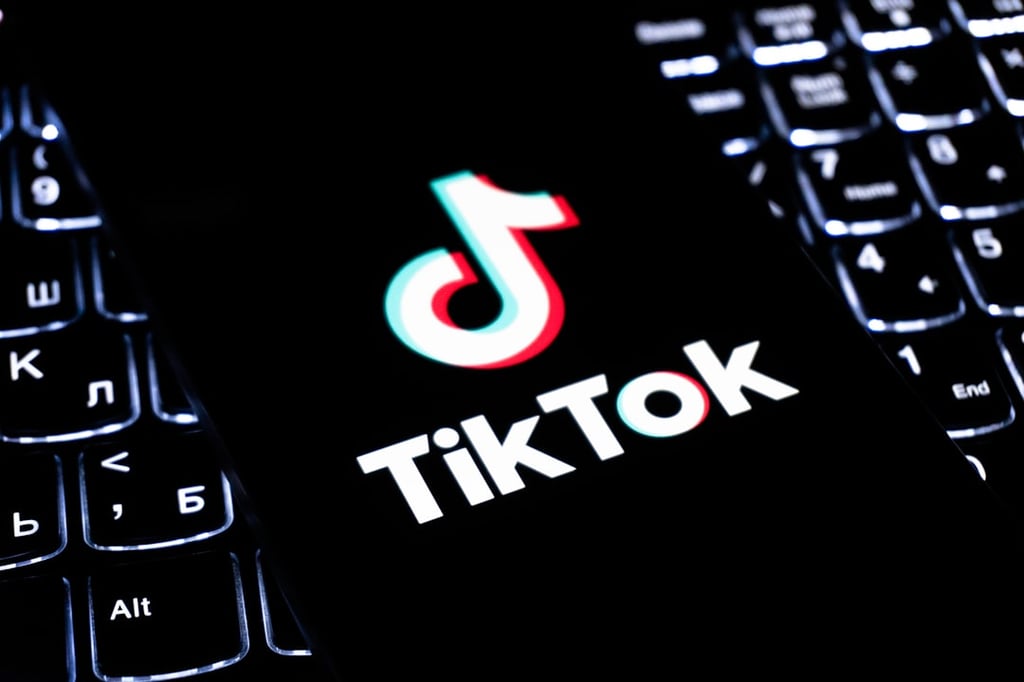Datamation content and product recommendations are
editorially independent. We may make money when you click on links
to our partners.
Learn More
One of the difficulties in competing with any dominant vendor, especially Apple, is in getting around the perception that only the winning company has a good idea.
Currently, while we talk about “the Tablet market” only the iPad is trending, which suggests there may not be Tablet a market at all, we are simply seeing the effect of Apple’s wonderful marketing. Apple has done this successfully before with the iPod, which was the MP3 player market because no other company was able to capture more than 10% of it after the iPod hit its stride.
Learning from this would suggest a competing company shouldn’t contest the iPad but the entire idea that Tablets, particularly based on Cell phone processors, are the next big thing rather than a short term blip.
That is exactly what Intel and Microsoft are doing. And this effort has a vastly better chance of being successful than if Intel had focused entirely on creating a competitor to the iPad. Let me explain.
One of the difficulties in competing with any dominant vendor, especially Apple, is in getting around the perception that only the winning company has a good idea.
Currently, while we talk about “the Tablet market” only the iPad is trending, which suggests there may not be Tablet a market at all, we are simply seeing the effect of Apple’s wonderful marketing. Apple has done this successfully before with the iPod, which was the MP3 player market because no other company was able to capture more than 10% of it after the iPod hit its stride.
Learning from this would suggest a competing company shouldn’t contest the iPad but the entire idea that Tablets, particularly based on Cell phone processors, are the next big thing rather than a short term blip.
That is exactly what Intel and Microsoft are doing. And this effort has a vastly better chance of being successful than if Intel had focused entirely on creating a competitor to the iPad. Let me explain.
Fighting From Your Strength
Apple, Microsoft, and Intel have all historically knocked out every company that tried to compete with their dominant platforms by forcing those companies to fight on their turf. Apple defined the MP3 player market, Microsoft the PC operating system market, and Intel the PC processor market. And every losing competitor generally lost because they couldn’t be a better Apple, Microsoft, or Intel. This was particularly pronounced with the DEC Alpha and Transmeta Crusoe processors. They were both forced to emulate x86 to compete and even though both processors had significant performance advantages for their time, emulating x86 took away this advantage and both failed.
ARM, on the other hand, has largely evolved unchallenged because rather than going where Intel was, it went where Intel generally wasn’t. It did this first on smartphones and most recently tablets that were so thin, light, and power efficient that Intel’s parts couldn’t compete. In short, rather than fighting on Intel’s chosen battlefield, the ARM, vendors picked fields of battle that favored their architecture.
Apple bounced off of Microsoft Windows until they repeated the same market approach to the one they used with the iPod and ran at Microsoft with the iPad. Microsoft’s unwillingness to counter with Windows phone made it virtually impossible for Microsoft to compete with a product in the weight and efficiency class of the iOS and iPad.
Google’s attempt to create an iPad clone running Android has largely failed so far because Google is fighting on Apple’s chosen field and applying a fraction of the marketing skill and funding of Apple. The end result is that Apple is beating both Microsoft and Google soundly.
Ultrabooks and Windows 8
However, in Intel’s case, Intel is preeminent in Notebook computers and they have chosen the Ultrabook configuration over Tablets as their major push back against the iPad. This isn’t to say they won’t have pure Tablets too, just that they recognize that touch screen-only products have severe content creation issues and people don’t want to have to carry both an iPad to consume stuff and a laptop to create it.
Users don’t want to carry 2 or 3 products — they want one device. And while Intel and Microsoft are approaching this market differently, their technologies will dovetail nicely. It is worth watching the Windows 8 demo because it is beautiful on the screen. However, those observers on-site at the All-Things-Digital Conference found the move to Office in Windows 8, suggesting that everyone at Microsoft isn’t on the same page, which could severely limit the success of this product. This may be the first product that truly bridges the touch screen, keyboard, and mouse, suggesting that future Ultrabooks will be getting touch screens.
Wrapping Up: Microsoft and Intel Going where Apple Isn’t Yet
Notice the word “yet.” Apple has now been put on notice and Intel’s move to create laptops in the iPad/MacBook Air’s range, coupled with the Windows 8 UI and user experience, creates a real threat to Apple.
However, Apple eats threats like this for breakfast and, I expect, Steve Jobs will address this threat at least partially next Monday at his Keynote. Still, the PC market is Microsoft and Intel’s to lose and they are the entrenched vendors. If they blur the lines between tablets and PCs by creating a compelling blended product, the iPad could become redundant. This would force Apple to compete with a touch laptop and that would put Apple right back on Intel and Microsoft’s chosen field of battle, giving them the long term edge.
And that, my friends, is exactly their goal. Now if the two companies can cooperate long enough to realize it.
-
Ethics and Artificial Intelligence: Driving Greater Equality
FEATURE | By James Maguire,
December 16, 2020
-
AI vs. Machine Learning vs. Deep Learning
FEATURE | By Cynthia Harvey,
December 11, 2020
-
Huawei’s AI Update: Things Are Moving Faster Than We Think
FEATURE | By Rob Enderle,
December 04, 2020
-
Keeping Machine Learning Algorithms Honest in the ‘Ethics-First’ Era
ARTIFICIAL INTELLIGENCE | By Guest Author,
November 18, 2020
-
Key Trends in Chatbots and RPA
FEATURE | By Guest Author,
November 10, 2020
-
Top 10 AIOps Companies
FEATURE | By Samuel Greengard,
November 05, 2020
-
What is Text Analysis?
ARTIFICIAL INTELLIGENCE | By Guest Author,
November 02, 2020
-
How Intel’s Work With Autonomous Cars Could Redefine General Purpose AI
ARTIFICIAL INTELLIGENCE | By Rob Enderle,
October 29, 2020
-
Dell Technologies World: Weaving Together Human And Machine Interaction For AI And Robotics
ARTIFICIAL INTELLIGENCE | By Rob Enderle,
October 23, 2020
-
The Super Moderator, or How IBM Project Debater Could Save Social Media
FEATURE | By Rob Enderle,
October 16, 2020
-
Top 10 Chatbot Platforms
FEATURE | By Cynthia Harvey,
October 07, 2020
-
Finding a Career Path in AI
ARTIFICIAL INTELLIGENCE | By Guest Author,
October 05, 2020
-
CIOs Discuss the Promise of AI and Data Science
FEATURE | By Guest Author,
September 25, 2020
-
Microsoft Is Building An AI Product That Could Predict The Future
FEATURE | By Rob Enderle,
September 25, 2020
-
Top 10 Machine Learning Companies 2021
FEATURE | By Cynthia Harvey,
September 22, 2020
-
NVIDIA and ARM: Massively Changing The AI Landscape
ARTIFICIAL INTELLIGENCE | By Rob Enderle,
September 18, 2020
-
Continuous Intelligence: Expert Discussion [Video and Podcast]
ARTIFICIAL INTELLIGENCE | By James Maguire,
September 14, 2020
-
Artificial Intelligence: Governance and Ethics [Video]
ARTIFICIAL INTELLIGENCE | By James Maguire,
September 13, 2020
-
IBM Watson At The US Open: Showcasing The Power Of A Mature Enterprise-Class AI
FEATURE | By Rob Enderle,
September 11, 2020
-
Artificial Intelligence: Perception vs. Reality
FEATURE | By James Maguire,
September 09, 2020
SEE ALL
ARTICLES







